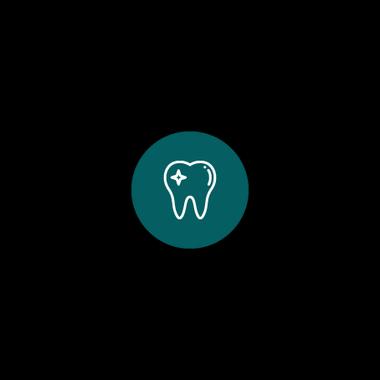
Basic coverage
The LAMal covers the main needs of the insured person(s).

Health insurance in Switzerland is compulsory. It is commonly known as “basic insurance” and is governed by the Health Insurance Act (LAMal). It operates on a non-centralised basis, and is not managed by the government. Under the supervision of the Federal Office of Public Health (FOPH), the management of health protection is delegated to private insurers that apply rates which vary from one insurer to another, and from canton to canton.
In addition, compulsory health insurance benefits may be supplemented by supplementary insurances which are subject to the Law on Insurance Contracts (LCA).

The Swiss health system is reputed to be of very high quality, albeit at a relatively high cost. In Lausanne, for example, insurance premiums for a family of two adults and two children come to some CHF 1,200 per month. Indeed, unlike in other countries, every member of the family – including children – must be insured individually.
From the moment you take up residence in Switzerland, you have three months to choose your health insurer. After this period, the cantonal administration will automatically choose an insurer for you.
Insured persons may choose any insurer authorised to operate in the field of social insurance. The list of insurers is available on Priminfo, the official premium calculator. Insurers cannot refuse an application and no health questionnaire is required for basic insurance.

The LAMal covers the main needs of the insured person(s).

This guarantees at least one hospitalisation in a shared room in the hospital in your place of residence.

Dental costs and alternative medicine are not covered by basic insurance.
Basic insurance premiums are controlled by the government. However, it is important to bear in mind that insurance premiums vary according to the risks and costs involved, the latter of which differ from canton to canton. In Geneva, for example, premiums are higher than in the Valais.
Sites like www.comparis.ch make it easy to compare insurance offers.
Generally speaking, you won't need to pay your bills yourself. In fact, your health insurance card is enough to guarantee access to care. Your insurer will pay the fees to the healthcare providers (hospitals, doctors). However, some of the cost of treatment is not covered by basic insurance and will be borne by you:
The deductible, which represents 10% of the medical bill, is always payable by you.
You can choose an annual excess ranging from CHF 300 to CHF 2,500. If you choose a deductible of CHF 2,500, for example, you will have to pay the first CHF 2,500 in the current year before the insurance starts to cover the bills.
Supplementary insurance is private insurance. Insurers can, therefore, offer a whole range of services to supplement the basic insurance (LAMal). For example, they will reimburse you for alternative or natural medicine, dental costs, hospital costs (double or single room), or the possibility of being treated in the hospital of your choice in Switzerland.
As this is a private contract, the insurer has the right to refuse an application for supplementary insurance. Furthermore, you generally have to complete a detailed health questionnaire before taking out a supplementary insurance (LCA).
Lastly, the terms and conditions of cancellation vary from one contract to another. It is therefore important to check the cancellation conditions carefully, as they can sometimes be restrictive.

Every year, you have the option to change insurers. This must be done before 30 November of the current year.
The links contained in this article lead to third-party websites. They are provided for information purposes only, and are not intended to lead to the purchase of products offered by Crédit Agricole, which has no commercial ties whatsoever with the owners of the sites in question. This information should not be construed as financial, tax, or other advice.